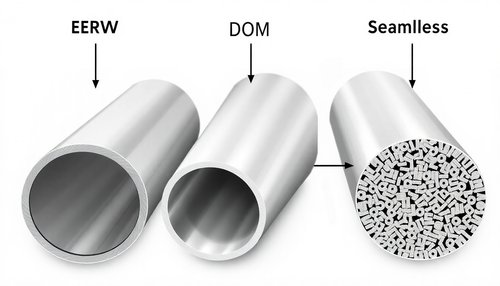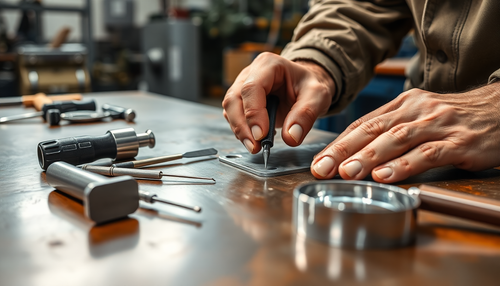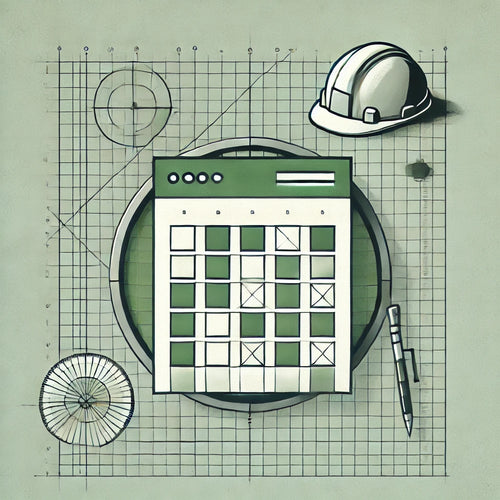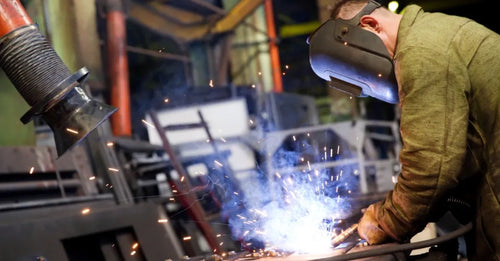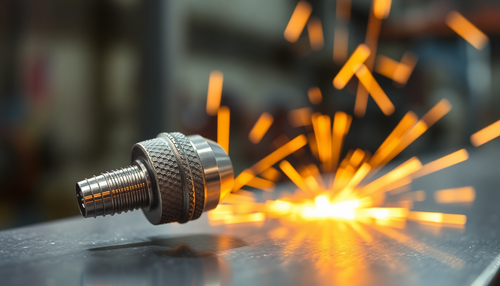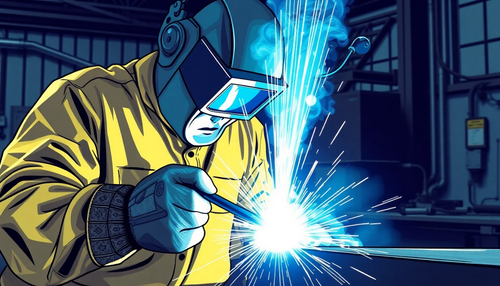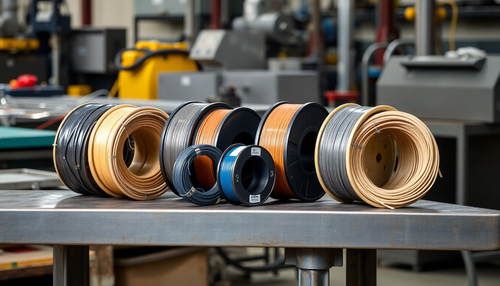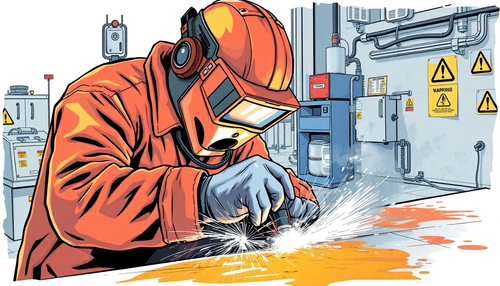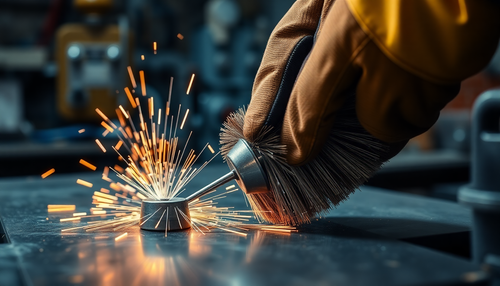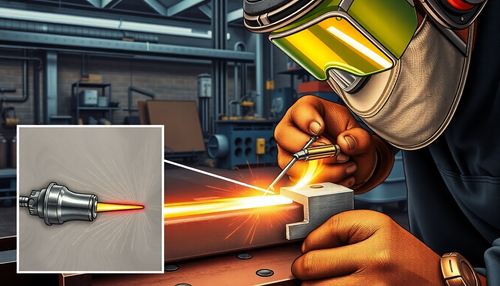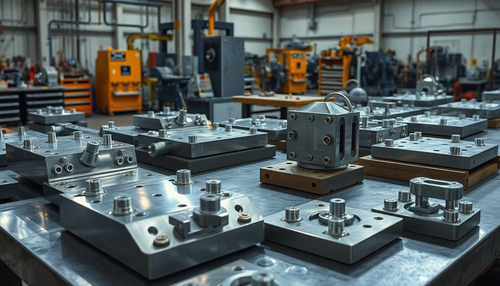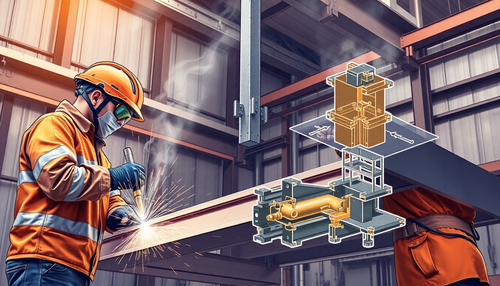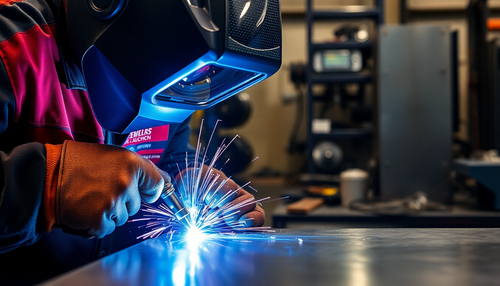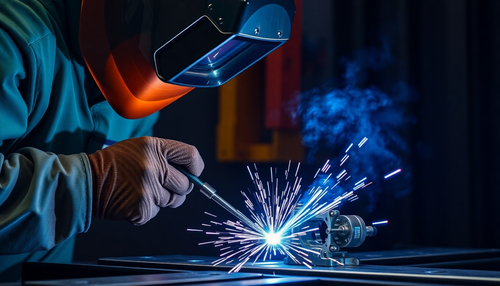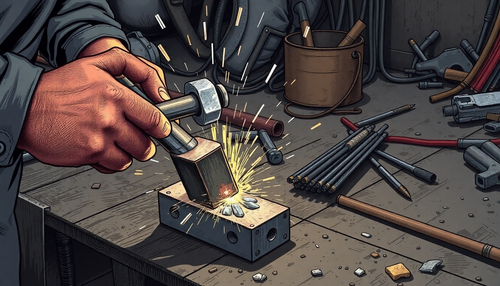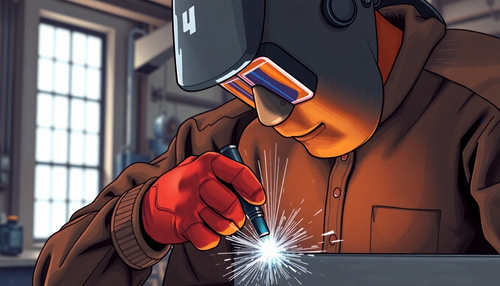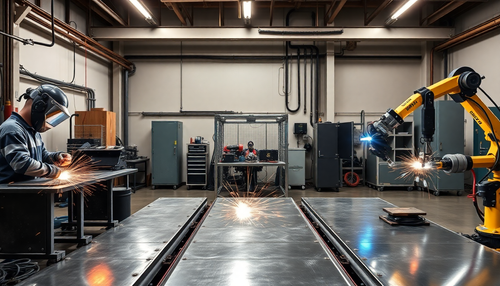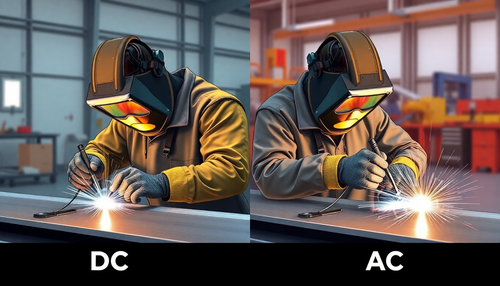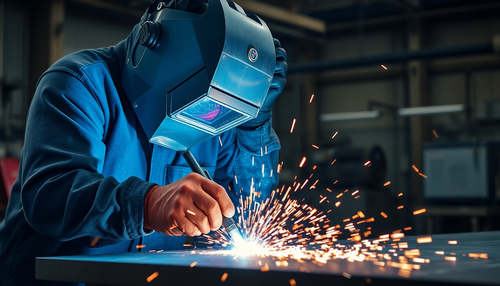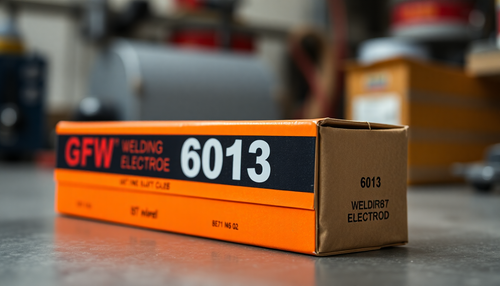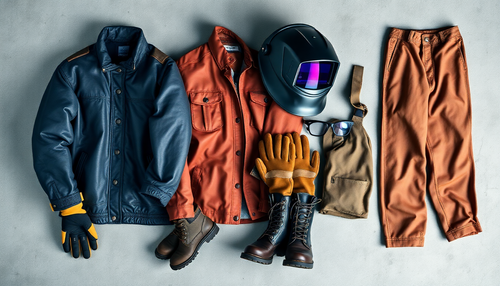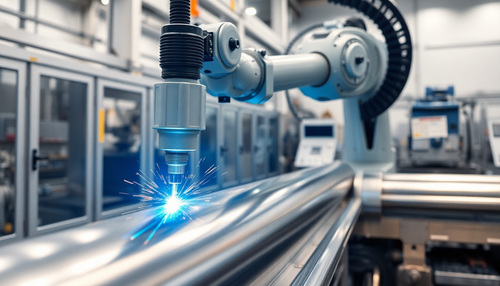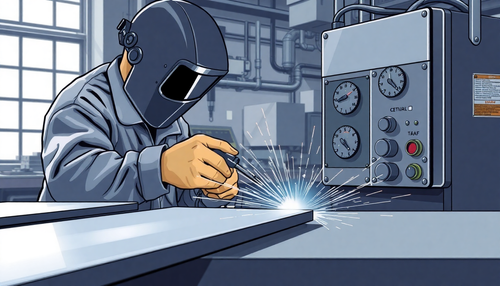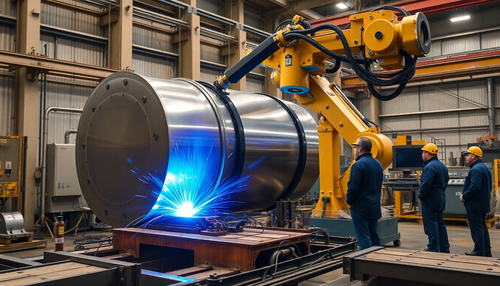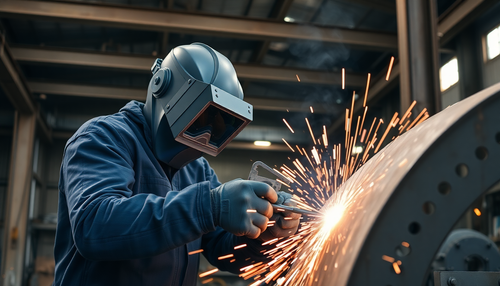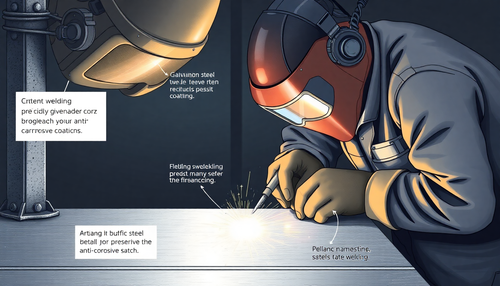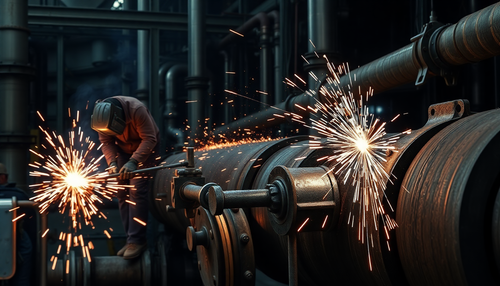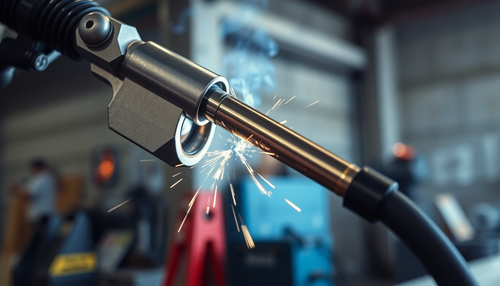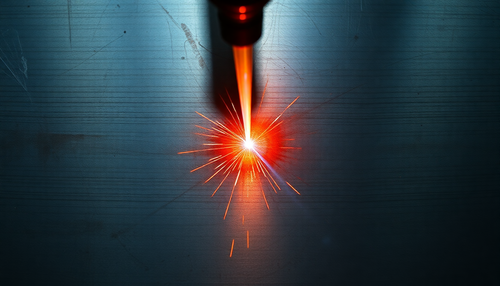
What do a famous painter, children's toys and a handmade wooden musical instrument have in common? This may come as a surprise to some: they are all associated in some way with bearings.
Many when thinking about bearings are known to be used primarily in industrial and automotive environments such as factories and motor vehicles. You are not wrong; Bearings are essential components in many of these applications, but you may be surprised to learn that bearings actually have some interesting facts about them, and we are happy to share these fun facts with you.
1. The inventor of the ball bearing
The first known discovery of a ball bearing-type device was found in the Roman Empire around 40 AD. It was a simple turntable with balls underneath, probably to allow people eating at the table to simply turn the table to get to other foods.
The next known mention of any type of ball bearing was almost 1,500 years later. The man behind the invention of the ball bearing wasn't who you think he was. He was many things: a famous artist, a philosopher, a mathematician and even an inventor. If you couldn't guess who he is, we'll give you a hint. He was known for his painting “La Gioconda”.
You may have already guessed it. The inventor of ball bearings is none other than Leonardo da Vinci . Creating the ball bearing between the years 1498-1500, he designed it to reduce friction between two plates that would be in contact in his other famous helicopter design. His helicopter would never have flown, as humans at that time did not have anywhere near the power-to-weight ratio needed to lift themselves against gravity, their power-to-weight ratio far exceeding that of humans. While the helicopter design went down like a lead balloon, the ball bearing is a different story!

100 years after Leonardo's design, Galileo Galileo would also mention an early form of ball bearing. Only in 1792 was a patent registered for the “modern” ball bearing – it was granted to the Englishman Philip Vaughn in 1791.
2. Bearings in everyday items

You may not know it, but bearings are practically everywhere and can be found in everyday objects. Essentially, bearings are essential for creating a smooth flow of motion, and almost anything that has moving parts will require some type of bearing.
Bearings in toys
All component wheeled toys that roll or spin will have ball bearings as part of their design, such as the huge hit-fidget spinner, skateboards, roller skates, scooters, yo-yos, jump ropes, and remote control cars (there are also bearings in the wheel itself). Remote Control). The bearings in these toys allow for efficient, high-speed functionality and safety,
Bearings in household appliances
Since most of the appliances in our homes are stationary, it's hard to imagine that they require bearings, but if you really think about it, there's the spin cycle in your washing machine or the rotating tray in your microwave ovens, both features require bearings for correct operation. Refrigerator and garage doors use bearings that allow them to open and close smoothly on their hinges. Other items that use rolling mechanisms are blenders, fans, air conditioners, and hot tubs!
Electronic bearings
As with all of the previous examples, electronic devices such as a DVD or Blu-ray player, video game system, laptop, and hard drives, anything that has a rotating or moving component will have various types of bearings to ensure the parts continue to function. . correctly. Bearings are such an important part of your electronics that without them they would fail.
3. The largest bearing in the world
In 2017, it was reported that Huisman, a global specialist in lifting, drilling and subsea solutions, is currently producing the world's largest bearings at its factory in China. These two 30 m diameter bearings are intended for the world's largest tubular cranes: the two 10,000 meter cranes designed by Huisman that are under construction for Heerema's new semi-submersible crane vessel “Sleipnir”.

Unlike traditional tubular cranes, which use large trolleys or wheels for their rotation system, cranes designed by Huisman use large bearings of their own design, produced in-house. The advantage of a bearing is that it allows significant savings in the weight of the crane. The bearing design allows inspection of the rollers without disassembling the bearing.
The assembly of the first bearing has been completed in Huisman China, the assembly of the second bearing is in progress.
… and the smallest!
In 2015, Japan's Minebea Co., Ltd. received this award for designing and commercially producing the smallest ball bearing with an outer diameter of just 1.4978 mm. Its steel ball bearing received the GUINNESS WORLD RECORDS title for smallest commercially available steel ball bearing.

A ball bearing with an outer diameter of 1.5 mm (Photo: Business Wire)
The dimensions of this record-breaking bearing are 1.5mm outer diameter, 0.5mm inner diameter and 0.65mm wide, with six steel balls and support stops, and are used in the tourbillon mechanism in mechanical watches of the highest quality in Japan. .
The design, development and production of tourbillon mechanisms are considered one of the most difficult parts of watchmaking. Its delicate shafts were traditionally supported by gems like ruby, but the Minebea's miniature ball bearings are small enough to be used in an application considered striking among independent watchmakers in Switzerland.
4. Bearings used in an unusual application
Creativity has no limits! Artists are constantly breaking barriers and transcending music. On this occasion, bearings were used in a very unusual application and the result is fascinating.
A Swedish DJ, Martin Molin, handcrafted a beautiful wooden instrument that used 2,000 ball bearings to make music. Known as the “Wintergatan Marble Machine”, it was made up of more than 3,000 moving parts and included a marimba, bass, bass drum and vibraphone, among other instruments.
Handmade from scratch, the impressive wooden instrument took 14 months to make and was packed with pulleys, levers and gears. Along with the marbles and central 32-beat wheel, the music box can be programmed to play dozens of different musical notes. Since then, his YouTube video showing the music machine has received more than 126 million views.
Bonus Fact: Bearings won the world's first road bike race
In August 1869, a Parisian bicycle mechanic named Jules Suriray patented the use of a radial ball bearing he had developed for bicycles.
Just over three months after Suriray received his patent, the ball bearing he created underwent a rigorous and well-publicized test during the world's first major inter-city bicycle race. This inaugural race covered around 130 kilometers between Paris and Rouen, and one of its participants, an Englishman called James Moore, rode a bicycle that had this type of ball bearing mounted on the huge front wheel.
Moore won the race and his first medal was undoubtedly thanks to the new bearing that was installed on his bike! This important victory helped to highlight the advantages of Suriray's invention.
Pictured below: James Moore (right) with his Suriray bike. and runner-up Jean-Eugène-André Castera (left)
In the many years since the Suriray device and its improved versions have continued to play a vital role in the development and use of the bicycle.
Bearings are important in applications across all types of industry. Here at SLS, we have a team of experts ready to assist you with your exact needs.



